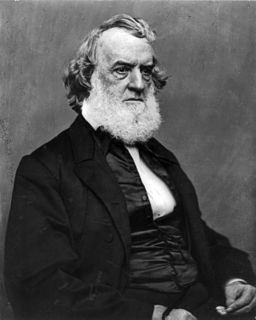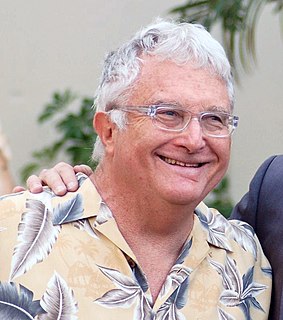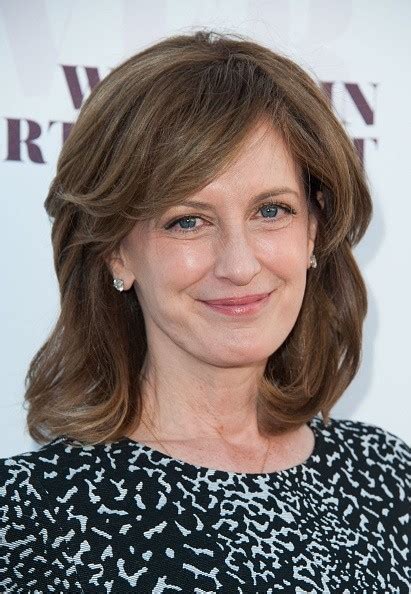A Quote by Gideon Welles
The hopeless grief of those poor colored people affected me more than almost anything else.
Related Quotes
On the Avenue in front of the White House were several hundred colored people, mostly women and children, weeping and wailing their loss. This crowd did not diminish through the whole of that cold, wet day; they seemed not to know what was to by their fate since their great benefactor was dead, and though strong and brave men wept when I met them, the hopeless grief of those poor colored people affected me more than almost anything else.
Some people may complicate it for you, but the formula is simple: Love God more than anything else. More than your ego. More than your money. More than your desires...More than your sleep at dawn. Love God more than anything else, and submission comes natural.
Love God more than anything else, and all goodness will follow.
Grief remains one of the few things that has the power to silence us. It is a whisper in the world and a clamor within. More than sex, more than faith, even more than its usher death, grief is unspoken, publicly ignored except for those moments at the funeral that are over too quickly, or the conversations among the cognoscenti, those of us who recognize in one another a kindred chasm deep in the center of who we are.
In March [1972] the unity of Pakistan depended on the suppression of the secessionists. But to carry it out with such brutality on the people instead of on those responsible wasn't necessary. That's not the way to convince poor people who've been told that with the Six Points there'll be no more hurricanes, no more floods, no more hunger. I spoke out against such methods more emphatically than anyone else, and when no one dared do so.
Food production has affected the environment more than any other activity humans have engaged in. Humanity devotes more land to food production than anything else - roughly a third of the surface area of the earth, much of which was once forest but has been converted by humans into farms or grazing lands.



































